
FY2017
We asked several experts about their expectations for TOMY Group’s CSR.
EXPERT COMMENT

Takeshi Mizuguchi
Professor, Faculty of Economics, Takasaki City University of Economics Doctor of Business Administration
He worked at Nichimen Co., Ltd. from 1984, Eiwa Audit Corporation from 1989, TAC Co., Ltd. from 1990, and as a lecturer at Takasaki City University of Economics from 1997 before assuming his present position. His primary areas include environmental accounting and responsible investment. Since 1990s, he has studied Social Responsible Investment (SRI) implemented in the US as a Japanese authority in SRI.
Pillar 2: Sound Management
The TOMY Group only recently started disclosing information on its social responsibility initiatives, but the Group has been involved in steady activities for a long time. In particular, the Group’s efforts in accessible design and Eco Toys, and the fundamental philosophy behind them, warrant special mention.
What really stands out for me about the TOMY Group is how enthusiastic its employees are. They dedicate their energies into making products for people to have fun with, and so it is probably natural that the Group works hard to ensure a fun working environment. I would like to see they continue this tradition, and also expect them to ensure the Group gains a clear understanding of conditions and brings solutions to labor-related issues by formulating strategies and targets on human rights and working conditions.
Elsewhere, I believe their efforts to improve the relationship with supply chain will become increasingly important going forward. Be it understanding where and how certain raw materials are procured, or how working conditions and human rights are managed across different processes, the TOMY Group must have a firm understanding of what is going on at all points on the supply chain and where improvements can be made.
In order to promote these types of socially responsible initiatives, it is important to establish solid internal frameworks and procedures. I would recommend developing the current group-wide social responsibility project into a dedicated, established department, which can gather information from all parts of the Group and supply chain to help determine policy direction and promote social initiatives. Fortunately, TOMY Group management is passionate about fulfilling its social responsibility. I would like to see the Group establish a more effective group-wide structure and range of proactive CSR activities as part of their long-term management strategy.
Toys are closely associated with culture because the toys we play with as children leave a lasting impression on each and every one of us. The TOMY Group can focus on creating a positive toy-related cycle that enables it to both contribute meaningfully to society and ensure sustainable growth as a group. First it creates toys that nurture children’s minds and spirit, and give children countless hours of enjoyment as they grow up. Those children then buy other much-loved TOMY brand toys for their own children, and the positive cycle goes on. Indeed, as a socially responsible toy manufacturer, the TOMY Group can use the power of toys to make children around the world happy and contribute to broader world peace.
EXPERT COMMENT

Hiroyuki Suzuki
Office for Recycling Promotion, Waste Management and Recycling Department, Minister’s Secretariat, Japan’s Ministry of the Environment
Since 2006, Hiroyuki Suzuki has been working on environmental education programs for children in the Office for Promotion of Environmental Education, Environmental Policy Bureau, Japan’s Ministry of the Environment. He is currently responsible for the Tokyo 2020 medal project, which involves making medals for the 2020 Tokyo Olympics and Paralympics out of recycled precious metals. He also manages food waste recycling demonstration projects at school canteens.
Pillar 3: Coexisting with Society and the Environment
I think what the TOMY Group is doing with its Eco Toys is really wonderful, not just in terms of devising ways to save resources and use recycled materials, but also in terms of how Eco Toys are designed to foster a deeper consciousness of the environment in kids hearts and minds.
Ultimately, what is important is not simply putting an Eco Toy label on a product, but ensuring users fully understand and embrace the intrinsic aim and benefits of the concept. Children in Japan learn about recycling in school at age 10, but it is said that children would find it hard to truly learn about the environment just by reading textbooks or listening to people talk about the concepts. Tapping into a child’s experience with familiar toys is a much more effective way of driving environmental messages home. For instance, thinking about what happens to the toys they throw away when they no longer play with them. Eco Toys help children attentively consider the environment from an early age in a way that is truly amazing.
The visiting lessons for older elementary school kids provide opportunities to think about future career through toys. I believe playing with TOMY brand toys can contribute positively to the creation of a solid future society, help children discover the role they want to play and foster a strong sense of self-affirmation.
There are about 16 million children in Japan, but when you include the people who help nurture those children, such as fathers, mothers, grandfathers and grandmothers, the total number rises to over 60 million. Going forward, I would encourage the TOMY Group to broaden its perspective to include family members and others looking after children, so it can help people of all ages learn through toys, not only in Katsushika but throughout Japan and other parts of the world.
Our childhood experiences and memories form solid bridges into the future. I want the TOMY Group to use the unique power of toys to help people channel these lasting childhood memories into stronger future human development.

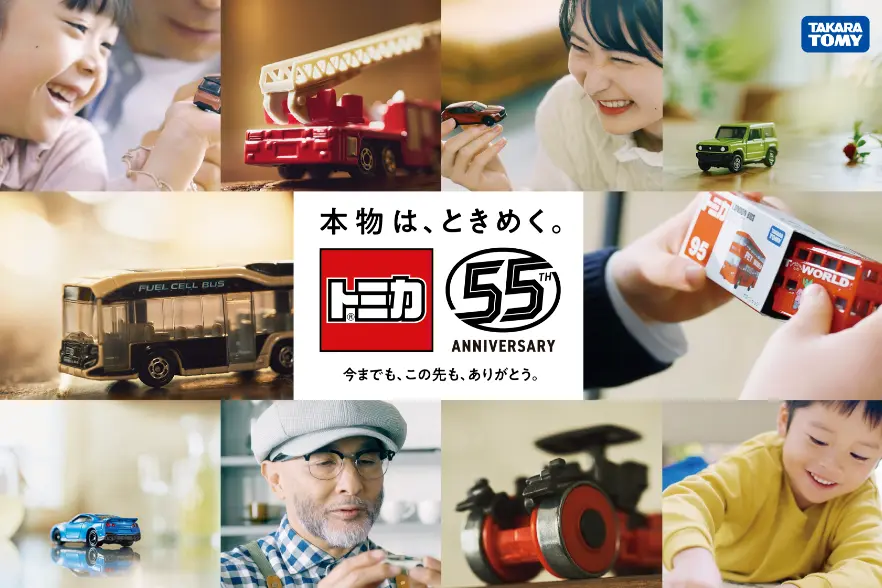
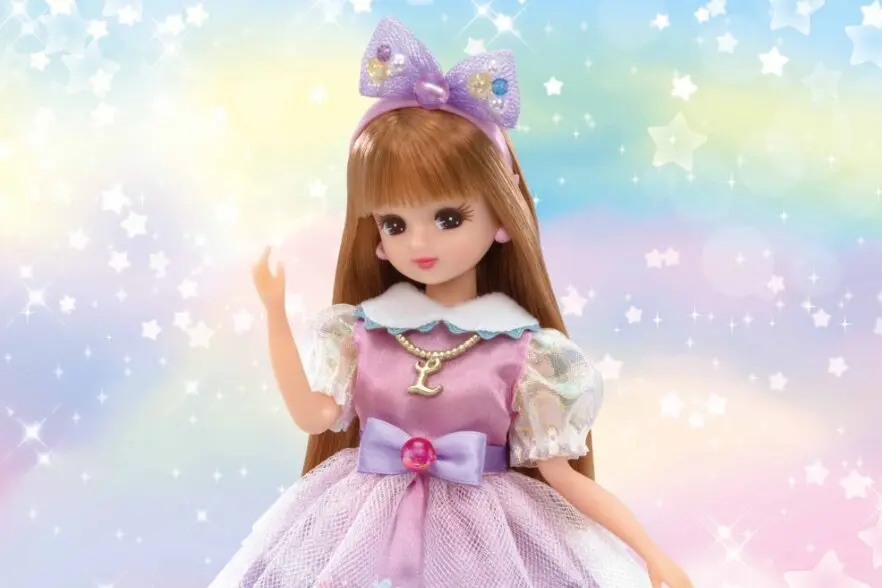
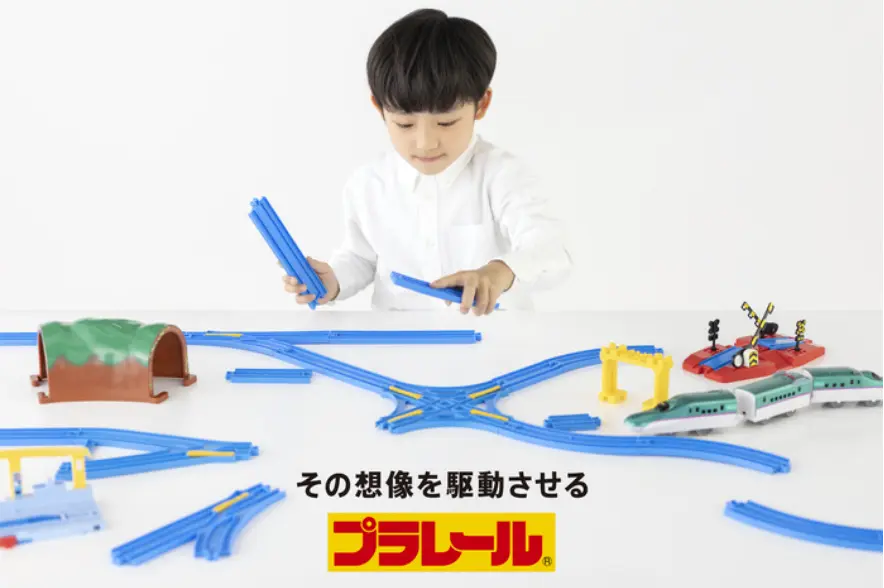
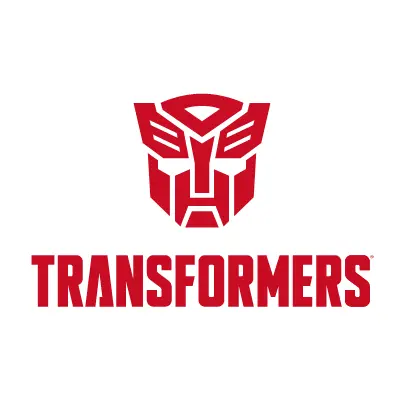

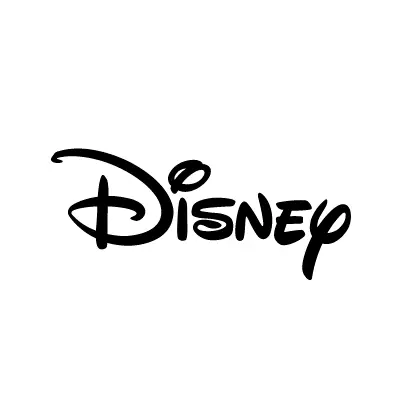
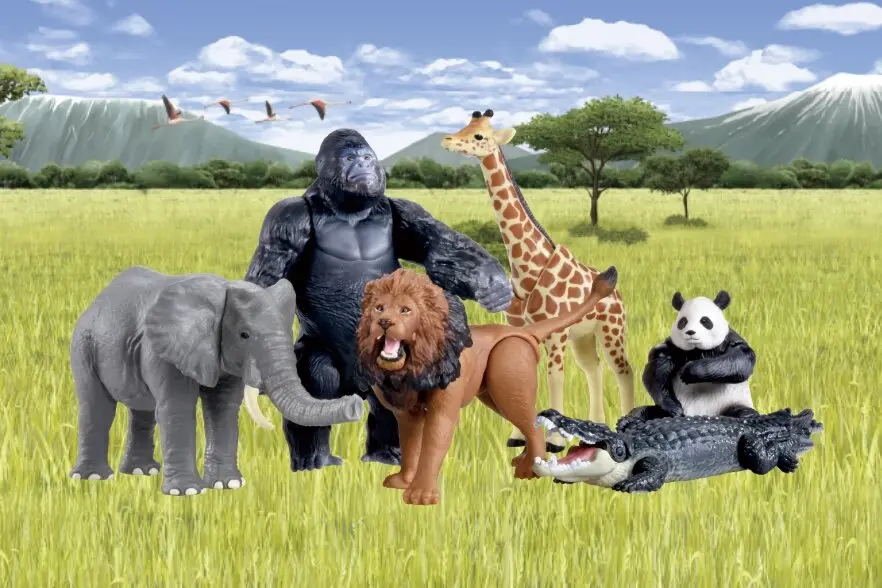

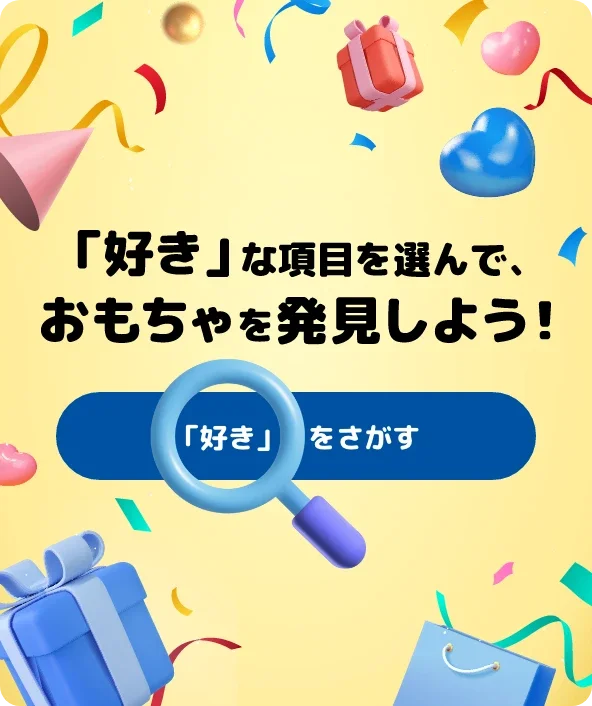
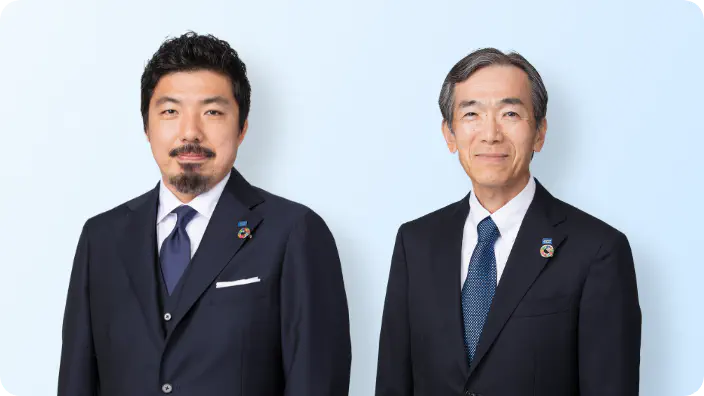


EXPERT COMMENT
Kohei Nishiyama
CUUSOO SYSTEM Founder and CEO
After graduating from the University of Tokyo, Kohei Nishiyama worked as a management consultant at McKinsey & Company before setting up CUUSOO SYSTEM in 1997, and creating the crowdsourcing CUUSOO Platform web service to help users and companies create new products together. He, as a pioneer in the field of crowdfunding, supports new product development, and is seeking ways to better match advanced technology with the users who need it most. At Paper Robot Laboratory in the University of Tokyo Research Center for Advanced Science and Technology, he is currently studying effective science education programs for children in vulnerable societies.
Pillar 1: Commitment to Quality Manufacturing
It is wonderful that the TOMY Group started proactively disclosing information and generating results right from the very first year of its social responsibility projects. I have every confidence that they will continue to pursue their unique initiatives in a way that only the TOMY Group can.
The TOMY Group has a long history of producing hit products. In my opinion, they have managed to create this array of much-loved toys not only because they offer products at reasonable prices, but because they are sincerely committed to manufacturing safe toys for children to play with. Indeed, the Group’s excellent operational record over many years reflects that. They have consistently created quality toys by paying close attention to inconspicuous but often vital detail, and it is this dedicated and painstaking commitment that epitomizes the TOMY Group approach to corporate social responsibility. That’s not an easy idea to convey to users, vendors or investors. When considering the TOMY Group’s unique CSR approach, it is important to focus on reporting the underlying core projects and problems that the Group tackles as part of their management strategy as they are, not the superficial trappings that are often designed to make a company look good.
The TOMY Group has been in business for a long time so it is bound to have made some trials and errors along the way. However, their determination to review and analyze the past experience and learn from them is precisely what enables them to continue manufacturing quality products. Furthermore, disclosing the exact methodology for minimizing risk is an effective way to convince the market of the Group’s continued future presence. Surely, the most important value of its CSR initiatives is to clearly illustrate and share with the society how a company with a long history of product manufacture can learn from and build on its experience to ensure future corporate continuity and improved corporate value.
The next step for the TOMY Group is to create its own CSR indicators to make operational decisions by and communicate the Group’s fundamental policies. As the Group expands globally, social responsibility is increasingly important for all employees to drive the business forward together. I would like to see an exhaustive debate with management and stakeholders that sets suitable new indicators in a year or so. I would expect them to promote their unique approach to social responsibility by modifying and upgrading those indicators over time.